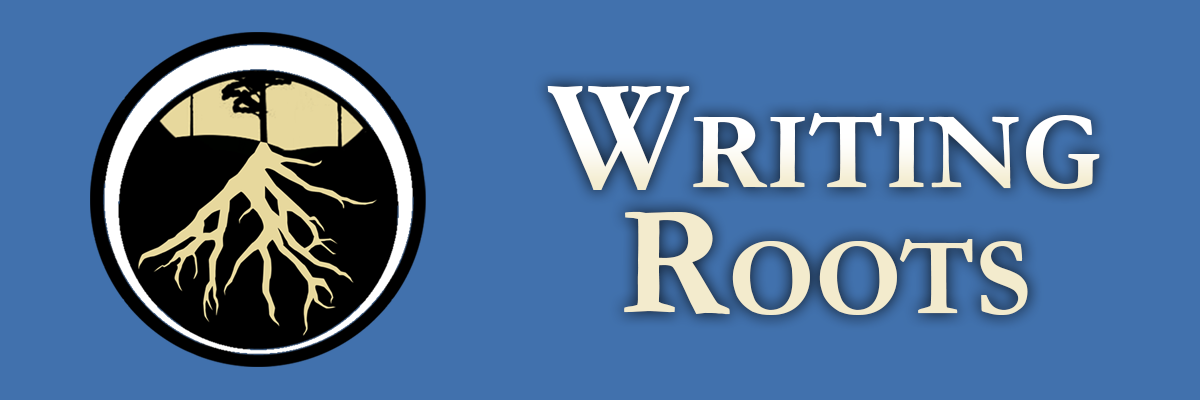Plotters and Pantsers: Why Most Authors are Both
Plotters. Pantsers. Plantsers, even.
As Harry Potter fans sort themselves into Hogwarts houses, many writers sort themselves into a few different writing styles. Sometimes you’ll hear them called a gardener or architect, but to me this has always felt like a move to be more politically correct. Either way, the motive is the same.
What it Means to be a Plotter
Being a plotter (or architect) means you as the author think through the entire project before putting it down on paper. These are the people who outline, and the ones who keep notes. This is my preferred style, as it helps me keep my momentum leaning forward in the story, setting up for the next event instead of reflecting on what has already happened.
In my experience, these writers are more likely to be on word count, or close to it. They even structure their acts to make sure they’re “on schedule” with thirty thousand words here, another for Act Two, and forty thousand for Act Three. This style tends to be popular with those writing nonfiction, mystery, and sometimes fantasy.
What it Means to be a Pantser
Pantsers (or gardeners) tend to be a little more free-form. They drop characters into interesting situations and “write up the incident report.” These authors are often surprised by what their characters do and have no idea how it’s going to end. They’ll just kind of know. They write whatever they feel like writing, and just go with the flow. It has an organic, reflexive nature.
Most of the people I know who struggle keeping their books within the bounds of the expected word count are pantsers. Plot structure is almost a swear word to these people, as they fear writing becoming rote, or a chore. These authors tend toward action, romance, and YA genres.
I’m a plotter. I’ve known that pretty much since the beginning. I see the end, and I write toward it. There was one time I tried pantsing (because why not?) and by the time I reached the third act and was ready to set up the conclusion, I had no idea what was going on. I didn’t like it.
Not Everyone is One or the Other
I’ve noticed something in the past few months. First, I thought maybe it was just me, but the more I spoke to people on both sides, the more I realized something: most authors are both.
I don’t mean that most authors are plantsers. Unlike plotters who have rigid structure and pantsers who have none, plantsersare somewhere in between. They tend to have a loose outline or plot structure. They know where the story is going and generally what the conclusion will be, but there is a lot of wiggle room for how to get there.
By both, I mean various aspects of their writing style apply differently.
I was talking with one author who is a devout pantser. You know what she told me? That she made sure she knew everything there is to know about the character before putting the words down on paper. That sounds like a plotter to me. A friend of mine (another pantser) has a very rigid structure in place for the world. She discovers the characters and the plot as she writes, but she could give a TED talk about the pantheon behind her magic system.
I myself (a devoted plotter) have no clue about my characters and their histories. They’re lucky if they have the same name front to back, and if they do, it’s just because I don’t care enough about what they’re called to rename them something better. I simply need them to react in certain ways to keep the plot moving. Their favorite color? Who cares? I don’t know until it’s needed in my story. Each of these characters fill a role, and I inevitably leave the edges of their maps blank until I need to fill it in. But that sounds an awful lot like a pantser, doesn’t it?
We are Plotters and Pantsers
So what if - instead of blatantly saying we’re plotters, or pantsers, we apply it to different aspects of our writing? That I’m a plotter when it comes to story, but a pantser when it comes to characters? Maybe we need a better nomenclature to more accurately describe our writing styles. I don’t know.
What I do know is that defining yourself as a writer is part of the maturing process. It helps you to know how other authors like you write their stories. It helps you know which pieces of advice you should swallow whole, and which should be taken with a grain of salt. That comes with discovering your style and growing as an author.
Which starts with writing selfishly.

